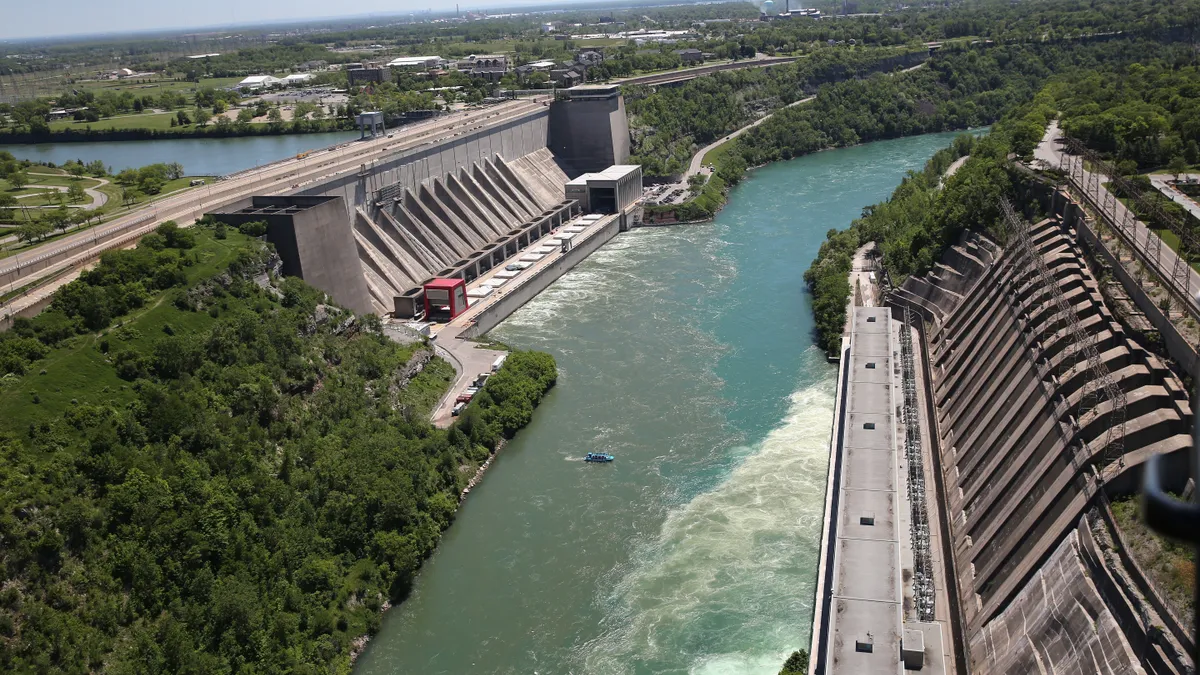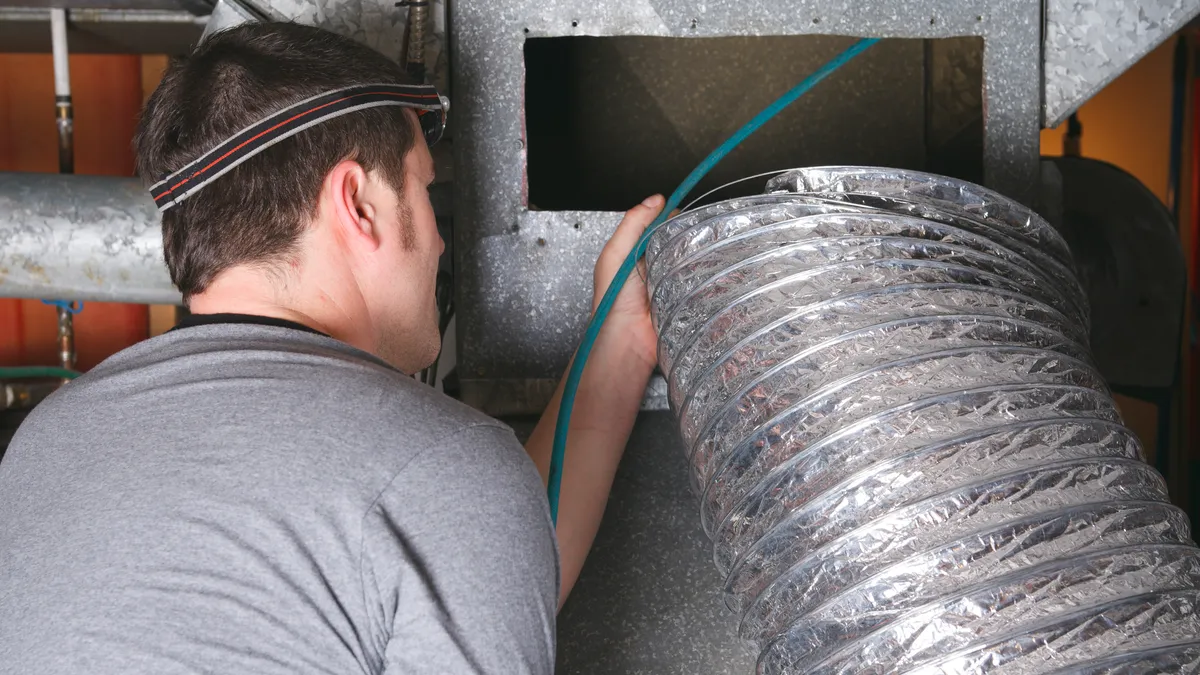Dive Brief:
- Most companies in the apparel, beverage, food and high-tech industries — four water-intensive sectors — have a long way to go to meet their water sustainability targets, according to an October report by environmental nonprofit Ceres.
- The Boston-based group created a benchmark analysis ranking 72 companies, including Nestlé, PepsiCo, Amazon and Adidas, among others, on their water stewardship practices and evaluated their progress toward meeting the 2030 sustainability and water conservation goal set by Ceres’ Valuing Water Finance Initiative last year.
- Only 11 of the 72 are on track and making substantial progress — 50% to 75% — toward the goal, with food corporation Cargill leading the way. However, the remaining 61 companies are meeting less than 50% of the outlined goal, with produce distributor Chiquita Brands International falling at the bottom of the list.
Dive Insight:
Findings from the report underscored a clear imperative: companies “must accelerate their efforts to advance their water stewardship strategies.”
Ceres launched the Valuing Water Finance Initiative in 2022 in a move to push companies with a high water footprint to “value and act on water as a financial risk and drive the necessary large-scale change to better protect water systems.” The global initiative has gained the support of 90 investors, collectively representing $17 trillion in assets, committed to engage with companies to better oversee and protect freshwater resources across their business operations and global supply chains.
“As the global water crisis escalates, so do the financial risks facing businesses and their investors,” senior program director of water at Ceres and co-author of the 2023 report, Kirsten James, said in a press release. “While some companies are demonstrating a variety of leading practices, we need to see more companies excelling on all aspects of water stewardship in order to ensure sustainable water supplies for businesses, communities and the environment.”
A company’s performance is measured on six science-based, actionable steps Ceres outlined to provide investors with the framework required to help move companies to strategically address water risk — a roadmap aligned with the United Nations’ 2030 Sustainable Development Goal for Water.
The expectations outlined include companies not impacting the water quantity and water quality in water-scarce areas across their value chain or the conversion of natural ecosystems critical to freshwater supplies; companies providing access to water and sanitation in communities they interact with; and companies conducting board oversight regarding water management efforts and public policy engagement.
Cargill is currently at the top of the list, at 68.9% to its target, with the shortlist including other food companies such as Danone, General Mills, Mars, Nestlé, and beverage companies PepsiCo, Diageo, Coca-Cola, Heineken, along with Microsoft in the tech sector and The Gap in apparel.
Some of the remaining 61 companies that met less than 50% of the outlined goals include Unilever, Kellogg, Kraft Heinz, Domino’s, Levi Strauss, H&M, Adidas and LVMH Moët Hennessy Louis Vuitton.
The report also found water quantity-related targets often fail to consider local watershed conditions, and water quality is largely overlooked in setting corporate water stewardship targets. Further, most companies fail to assess how their business activities and operations across the supply chain impact water resources and have yet to address remaining gaps in board oversight of water risks and water-related governance incentives.
The Coca-Cola Foundation, which is the philanthropic arm of The Coca-Cola Company, provided a $325,000 grant to Ceres in 2021 to support the nonprofit’s Valuing Water Initiative. Coca-Cola is ranked as the seventh-highest company in terms of progress made — achieving 55.6% of the target goal — in this year’s report.














